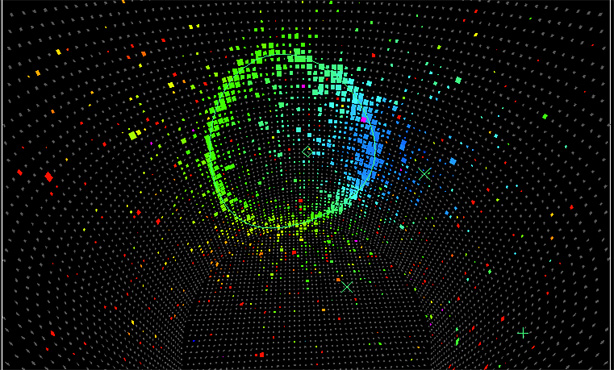
New Type of Neutrino Oscillation Confirmed
The new finding could help explore a fundamental question of science – why is the universe made up almost exclusively of matter, when matter and antimatter were created in equal amounts in the Big Bang?
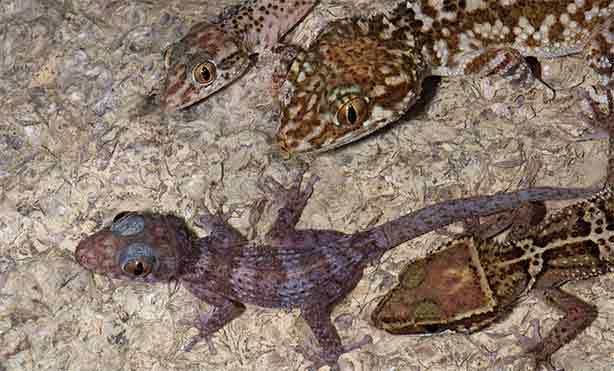
Madagascar No Longer an Evolutionary Hotspot
Daniel Scantlebury calls Madagascar “an ideal evolutionary laboratory” for studying species formation because it has long been isolated and geologically stable relative to other regions.

What’s Your Motion Quotient
A surprisingly simple exercise measures the brain’s unconscious ability to filter out visual movement, and points to an unexpected link between IQ and motion filtering
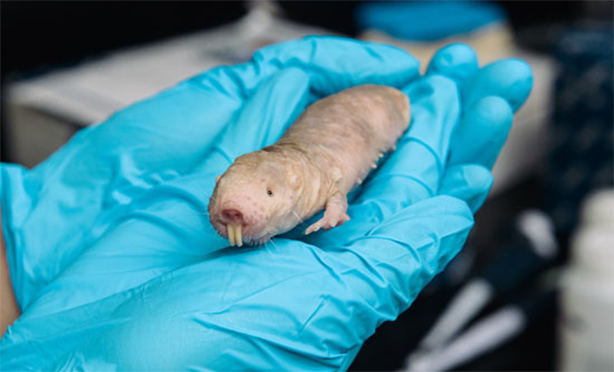
Naked Mole Rats Cancer-resistant Chemical ID’d
The biologists’ focus on high molecular weight hyaluronan (HMW-HA) began after they noticed that a gooey substance in the naked mole rat culture was clogging the vacuum pumps and tubing.
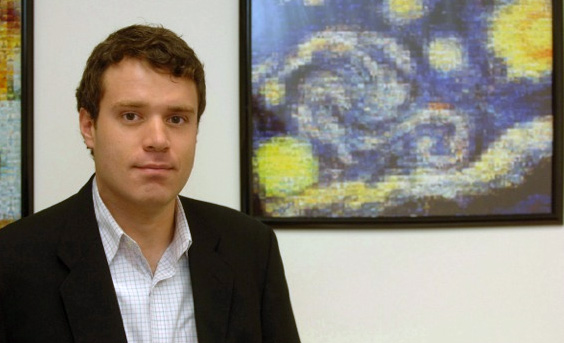
Autistic Kids Detect Motion Faster
Such heightened sensory perception in autism may help explain why some people with the disorder are painfully sensitive to noise and bright lights.

‘Mean Girls’ Be Warned: Ostracism Cuts Both Ways
A new study shows that individuals who deliberately shun another person are equally distressed by the experience.
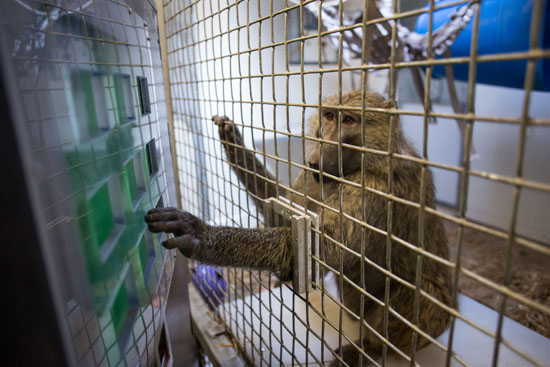
Making Sense of Monkey Math
The study tracked eight olive baboons, ages 4 to 14, in 54 separate trials of guess-which-cup-has-the-most-treats.
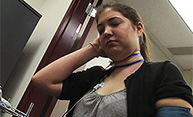
Some Stress Can Be Your Friend
Rethink the way we view our shaky hands, pounding heart, and sweaty palms can help people perform better both mentally and physically.
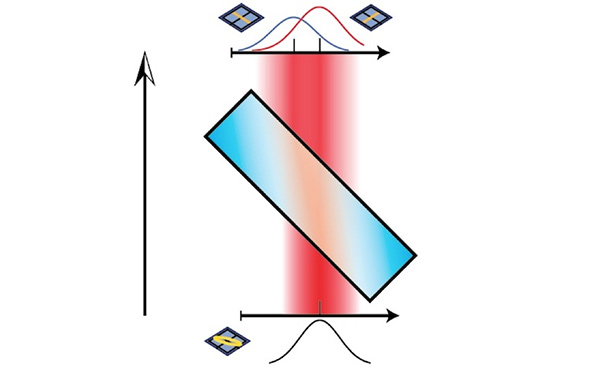
Exploiting Subtleties in the Uncertainty Principle
Researchers at the University of Rochester and the University of Ottawa have applied a recently developed technique to directly measure for the first time the polarization states of light.

Superbugs May Have a Soft Spot
Researchers have identified a weakness in at least one antibiotic-resistant superbug that scientists may be able to medically exploit.
